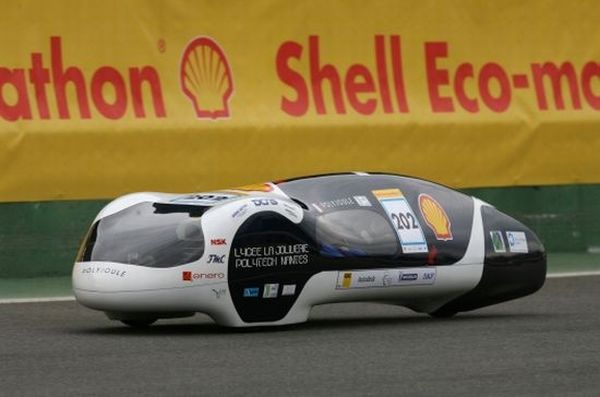Our planet is a very finely balanced ecosystem and a small change can trigger consequences that could only be apparent after several decades. Millions of little and big things came together at the right time and in the right place for the third rock from the Sun to be the only place where organic life exists so far in the known universe. But we have found millions of ways to disturb and tamper with this balance. Global warming has had many predicted consequences and several unforeseen ones as well. The way microorganisms interact with our planet is one of the less studied ones till recently.
Our giant planet owes a lot to these tiny beings as they absorb excess greenhouse gases, decompose waste in both aerobic and anaerobic fashion and perform many wonders that elude the naked human eye. But genetic engineering is trying to add new set of tricks to these microbes in order to produce cleaner fuel and rid the planet of dangerous waste. Teamed up, science and nature’s mini miracle workers are trying their best to help restore ecological balance…
Work in Progress
Converting energy into Methane
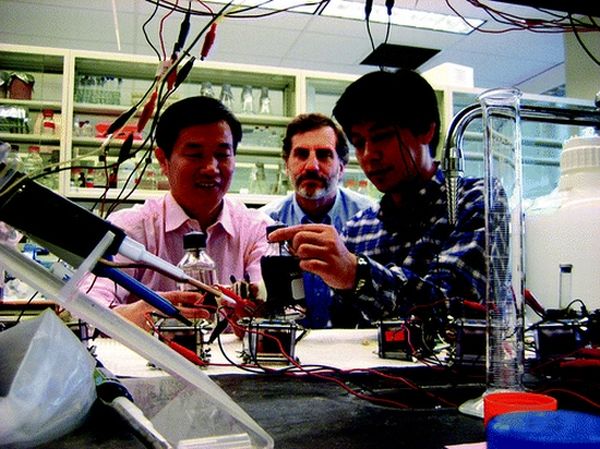
Sometimes you need not engineer new variety of microbes for your specific needs. All you need to do is tap into nature’s reserves. Methanobacterium Palustre can convert 80 percent of natural energy, which might be difficult to store, into methane that you can readily use in future. Might not be the best idea when it comes to emissions, but better save up energy than let it all go to waste.
Columbia University – Butanol producing Bacteria

Turning waste into biofuel would help us tackle two serious problems at the same time and Professor Scott Banta from the Columbia University is trying to achieve exactly that. He is trying to synthesize genetically engineered bacteria that will feed on waste water and carbon dioxide in the air to create Butanol – a high energy hydrocarbon that will make an excellent fuel source.
Bacteria that generate electricity
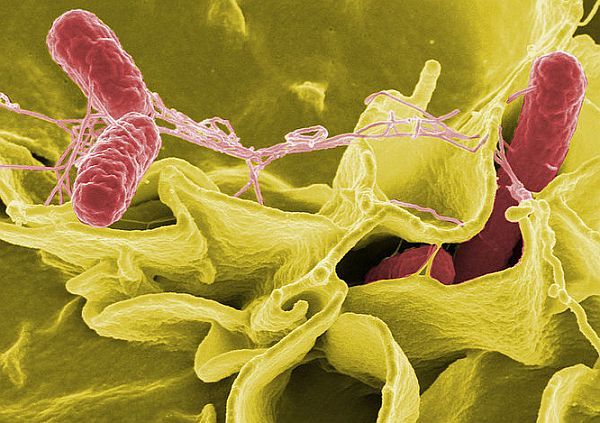
If you have seen ‘The Matrix’, then just replace humans with bacteria and you have a general idea of what researchers at University of East Anglia are trying to achieve. Studies have shown that bacteria produce electrical discharge as by-products and if they are used in the correct fashion one could generate electricity by harvesting them in controlled environments as they feed on industrial waste. Of course, that is until ‘The One’ of bacteria world shows up!
Vanadium Nitrogenase turns pollution into fuel
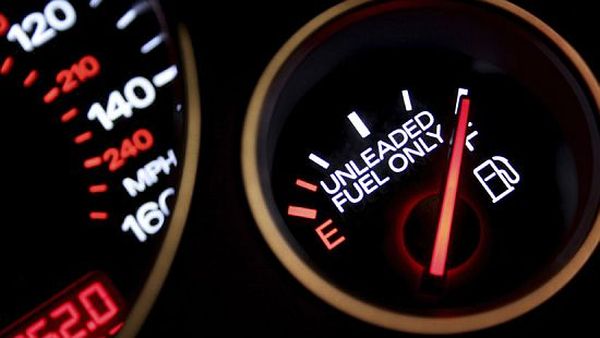
Vanadium Nitrogenase is a microbe that is commonly found on the roots of Soybean plant and converts atmospheric nitrogen into ammonium nitrate for the consumption of the plant. But scientists at University of California have found that by feeding the same microbe with carbon monoxide (an emission from gasoline engines) one can produce Propane. By altering the enzymes enough, they believe they can generate liquid gasoline from this wonder microbe.
Glycerin gobbling microbes
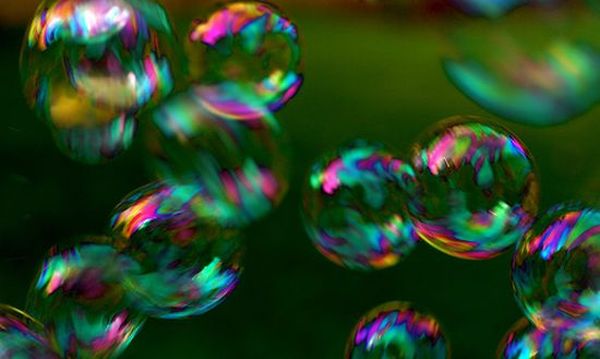
Developed by Rice University, this technique involves converting discarded and waste glycerin into competent fuel and various alcohols which will be used by industries as raw material. At the heart of this heat driven metamorphosis is a glycerin-easting microbe that is responsible for the skillful conversion.
Genetically altered Geobacter converts nuclear waste into power
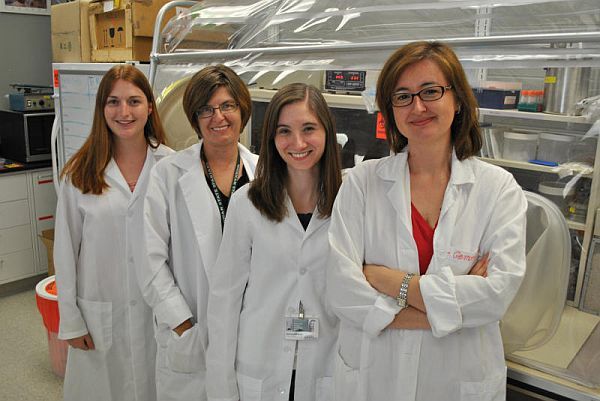
A team led by Gemma Reguera has uncovered the secrets behind the nuclear waste cleaning capabilities of a microbe called Geobacter. By altering its genetic strand and creating an improved version, the team observed a more efficient bacterium that could clean up nuclear waste with greater capability. Tests sites and experiments have further solidified the faith shown in GeoBacter and if mopping up dangerous nuclear waste is not enough, they can even produce electric discharge as ‘by-products’. Yes, it is indeed an electrifying breakthrough!
Upside of the technology
Using microbes to help us out with the cleaning of the planet and creating cleaner and cheaper fuel are only some of the advantages of this amazing partnership. Scientists are uncovering new fungus varieties that can feed and decompose polyurethane, microbes that can clear oil spills and ones which can decompose dangerous chemical waste with ease. Some of them are naturally occurring. Others are helped out by science. With new breakthroughs in genetic engineer, the possibilities are endless.
Tiny beings- Giant impact
Microbes have always had a huge say in the course of the planet since life started on this planet. They have survived in every environment, no matter how hostile and have adapted with ease. We are just uncovering the many amazing things they can get done and with better understanding comes a greener tomorrow. They can be our biggest ally in fight against global warming by absorbing carbon gases and releasing oxygen. They can clean up in ways and paces that are beyond our abilities. And with a little nudge, could well end our reliance on fossil fuel. Indeed, big things come in small packages!




